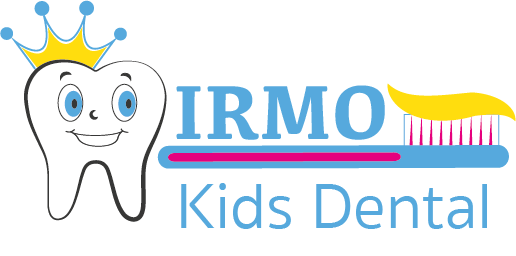The grinding of teeth at night (Bruxism) is often a concern for parents. Usually, the first indication of bruxism is the sound caused by nocturnal grinding of teeth. Parents may also notice the teeth getting shorter due to grinding. A theory associated with bruxism points to psychological causes including stress due to changes in lifestyle such as a new environment, divorce, school issues, etc. These factors can cause a child to grind his/her teeth in their sleep. Another theory points towards the pressure in the inner part of the ear at night. In case of changes in pressure (for example, when an air plane takes off and lands, chewing gum, etc.), the child can resort to grinding their teeth in sleep to relieve this pressure.
Most cases of bruxism do not warrant any treatment. A mouth guard or night guard may be prescribed if there is too much wear of the teeth. The use of a night guard presents the possibility of a choking hazard if the guard gets dislodged while sleeping. It may also interfere negatively with the development and progress of the jaws. The positive effect of using a night guard is to prevent damage to the primary teeth.
The news is not all bad though. Most children outgrow bruxism without any intervention. Usually, the grinding reduces between the ages of six and nine and stops between the ages of 9 and 12. If your child grinds his/her teeth at night, discuss it with your pediatrician or your child’s dentist.
